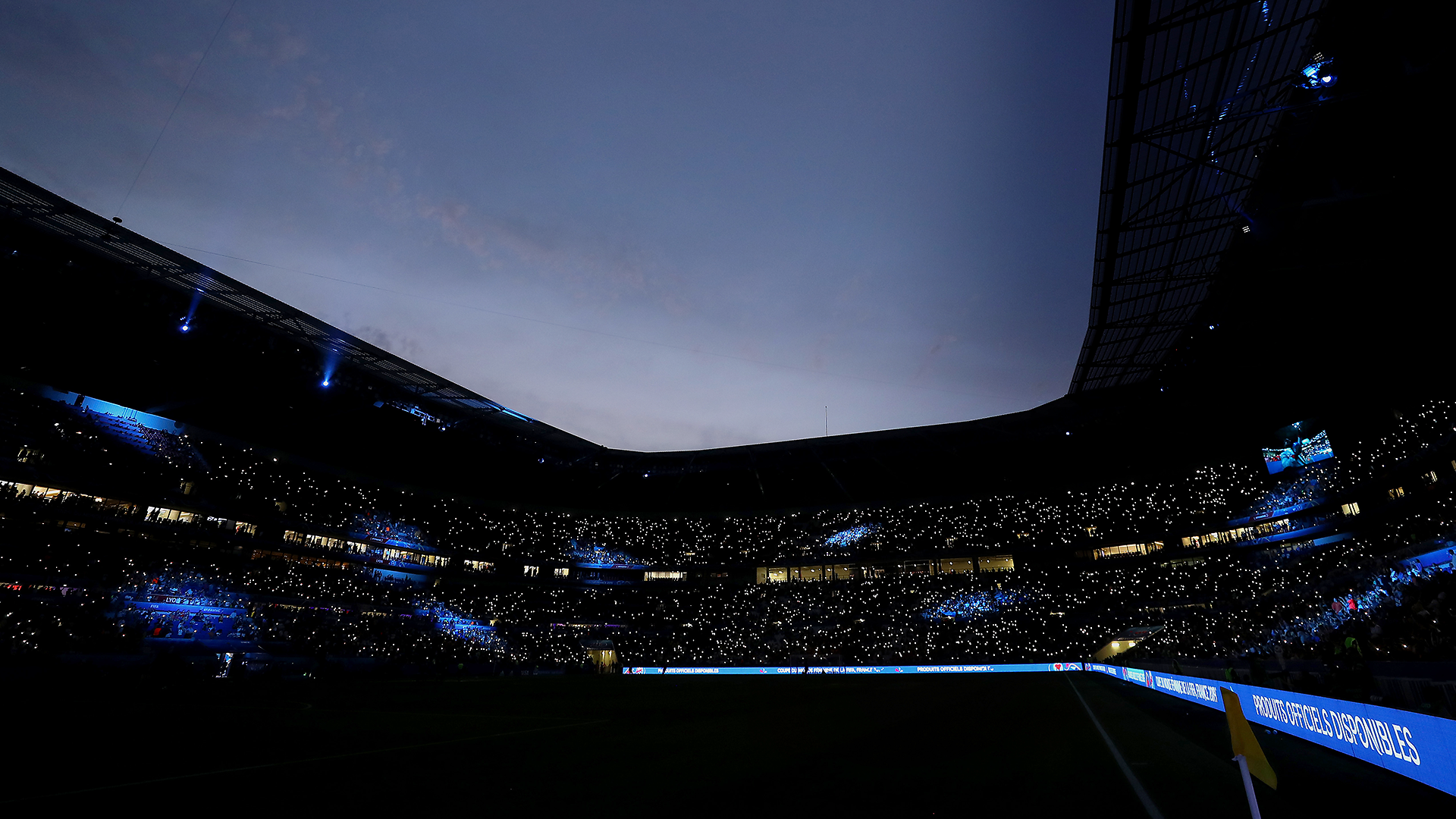
Foreword
You can either plan change or change can be forced upon you. In 2020, we experienced both.
Soon after I published my vision to make football truly global, setting out FIFA’s key objectives for the next four years, the world – and our sport – found itself in the grip of the COVID-19 pandemic. Although we had carefully planned our goals, it was clear to us that, as world football’s governing body, the situation required us to adapt and act quickly and decisively to protect our sport, by always putting health first.
The USD 1.5 billion that we have made available to football through the FIFA COVID-19 Relief Plan is a testament to the responsibility that FIFA takes for the well-being of football and the football community. It is also testament to the new FIFA’s sound financial management since 2016.
Beyond providing financial support, we also acted to protect our sport in other ways. With the World Health Organization and the FIFA Legends, we spread crucial messages to the football community and beyond that health comes first. We took a stand against a resurgent racism that has no place in football, let alone in society. And we joined forces with the UNODC, a heavyweight institution that can help us make a bigger impact in the fight against crime, corruption and abuse in football.
We also saw evidence of football’s power for tangible social change as we welcomed Qatar’s landmark reforms of labour conditions for workers, including those involved in preparations for the FIFA World Cup in 2022. We saw it too in the historic signing of a memorandum of understanding between the football associations of Israel and the United Arab Emirates, another impressive example of the power of football in pushing social, cultural and political boundaries.
The FIFA Council voted to send the FIFA Women’s World Cup to new horizons in 2023, as Australia and New Zealand will co-host a tournament of firsts: the first in the southern hemisphere, the first to be held across two confederations and the first to feature 32 teams.
Amid all this activity, however, one thing was sorely missed: the fans. Despite a return to football, guided by FIFA’s international match protocol to keep players and staff safe during the pandemic, the absence of fans showed just how much they bring to our sport. The fans lift the players. They are the twelfth member of the team. They are the soul of the game.
In 2020, football stopped and then returned, but only when we can safely enjoy full stadiums again will we be able to truly celebrate the return to football. You can be sure that we will do everything we can to make this happen in a safe and secure way.
Yours in football,
Gianni Infantino
FIFA President
In 2020, FIFA stood firm and faced forward to tackle the problems world football faced as a result of the COVID‑19 pandemic.
Few were prepared for what became the biggest global emergency of our time and FIFA’s role as the guardians of the game became even more crucial, as football stopped being played and many involved in the sport faced an uncertain future.
The FIFA COVID-19 Relief Fund has helped to protect and preserve football around the world and allowed our member associations (MAs) and the confederations to literally keep the ball rolling.
Through our dedicated funding for women’s football, as part of the relief programme, we have been able to ensure that the momentum generated by the FIFA Women’s World Cup 2019™ has not been lost and women’s football will not become a casualty of the pandemic.
Despite the numerous challenges we all faced in 2020, thankfully FIFA was able to go ahead with many of its everyday operations, albeit more remotely.
The rolling out of the new Women’s Development Programme and many other projects through the FIFA Forward Programme aimed at nurturing and empowering all members of our football community are among these operations.
We also introduced an ambitious new initiative that embodies The Vision 2020-2023, the FIFA Talent Development Programme, led by our Chief of Global Football Development, Arsène Wenger. It aims to analyse the football ecosystem in each of the 211 MAs and assist each one in mapping out a strategy to build on its strengths.
This practical initiative is a positive step towards FIFA’s goal of raising the standards of football globally and ensuring that each young talent has an opportunity to shine.
Throughout 2020, FIFA displayed its commitment to transparency and good governance, and the strict conditions for use of the FIFA COVID-19 Relief Plan are testament to this.
Since its inception, FIFA has published – down to the dollar – the exact amounts received by each MA and confederation, which can be found at the end of this report. Meanwhile, we have made the FIFA Forward Programme more transparent still, with the publication of the Forward Impact Map on FIFA.com giving a visual insight into the allocation of funds and how they are used.
Of course, one of the most difficult parts of 2020 was the physical isolation with which we all had to contend due to distancing restrictions. Although we could not host the FIFA Congress with delegates physically present, as many of our interactions with you have been through webcams and screens in previous years, we have managed to remain united in our shared goal of protecting, preserving and developing football, the game we all love, now perhaps more than ever before.
I am proud to say that despite the challenges and difficulties that FIFA, the MAs and the confederations all faced in 2020, we performed as one strong and united team and we will continue to show that solidarity and resilience stand the test of time despite trying circumstances.
Yours sincerely,
Fatma Samoura
FIFA Secretary General
